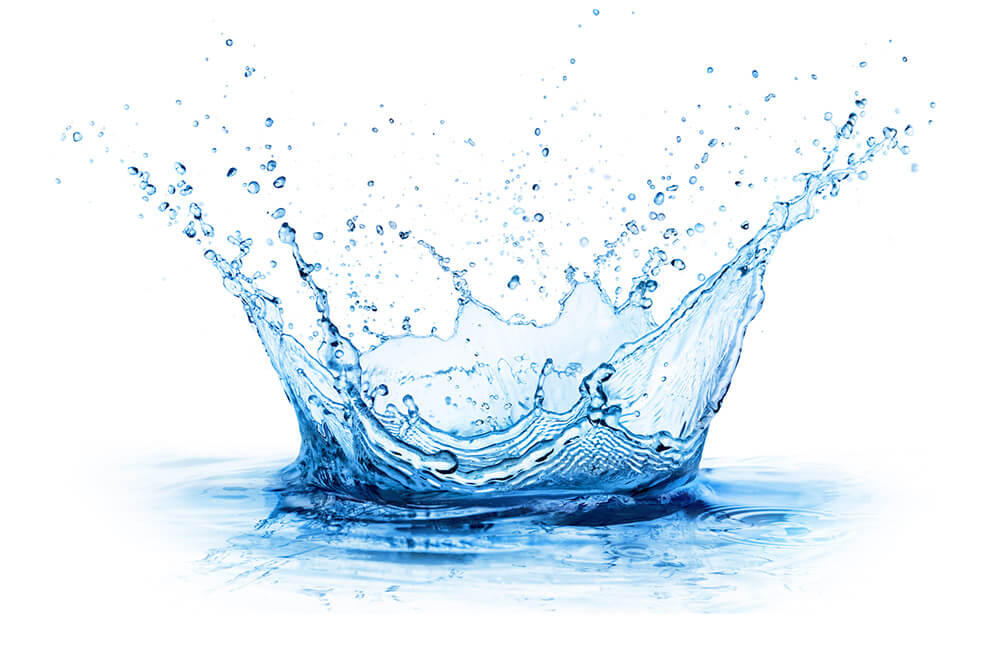We pursue the proper use of water resources
Water is of utmost importance in the agricultural, livestock, and industrial sectors, and it is a key asset for sustainability and life on the planet. The poor condition of water can have a serious effect on human health and the environment. This is why an accredited laboratory like Aconsa pursues the healthy and sustainable use of water to safeguard compliance with the different regulations and laws and optimise the comprehensive management of the entire laboratory process, from sampling to submission of the final results.





